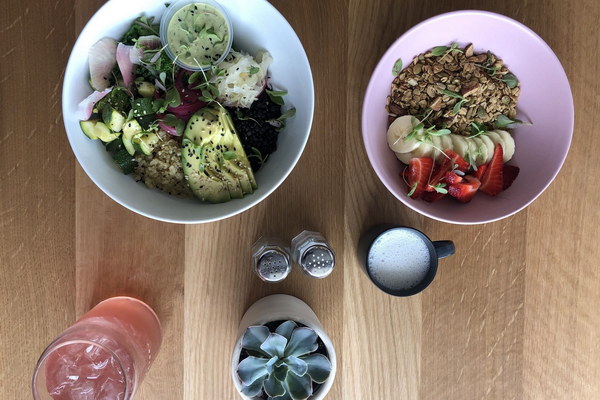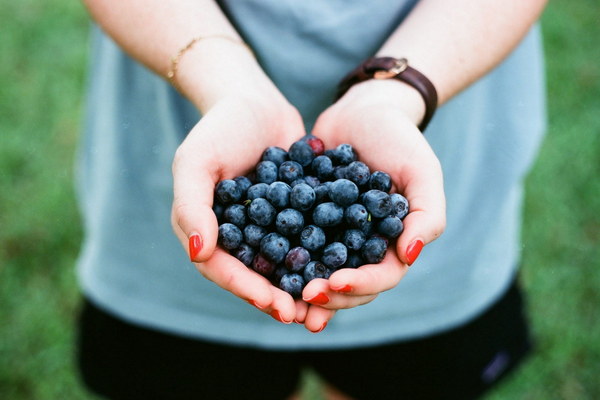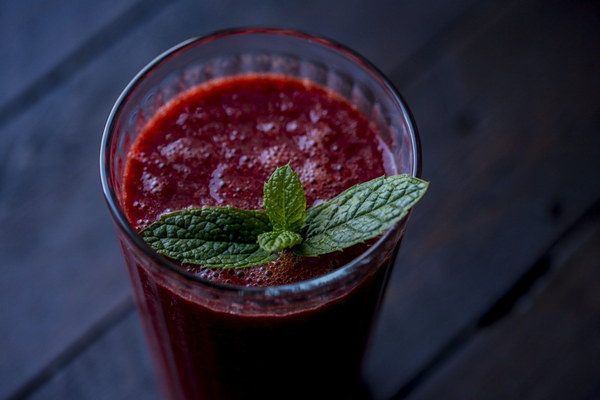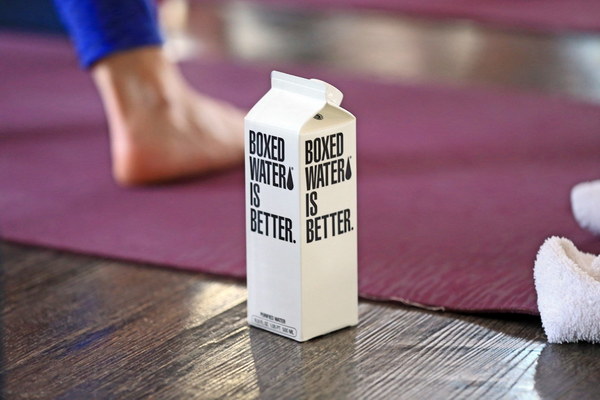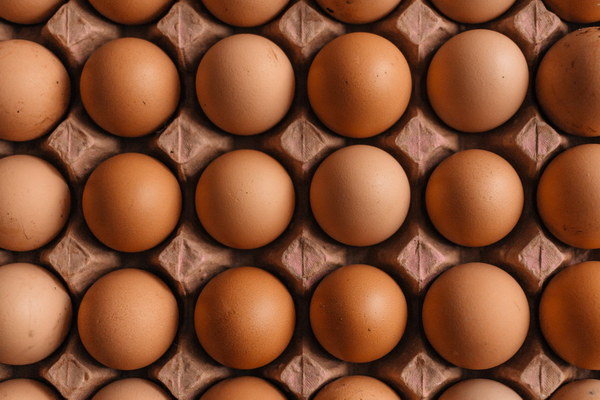Natural Remedies and Dietary Tips for Children with Phlegm
Introduction:
Dealing with a child who has phlegm can be quite challenging for parents. Phlegm in children is often a sign of a cold, flu, or allergies. While medication can sometimes be necessary, natural remedies and dietary adjustments can also help alleviate symptoms and support the body's healing process. This article provides insights into natural remedies and dietary tips to help children with phlegm.
1. Natural Remedies:
a. Honey and Lemon: Mixing honey and lemon in warm water can help soothe the throat and reduce inflammation. Honey has natural antibacterial and antiviral properties that can aid in healing.
b. Steam Therapy: Inhaling steam can help loosen and thin the mucus, making it easier to cough up. Encourage your child to breathe in steam from a bowl of hot water or by taking a warm shower.
c. Salt Water gargle: Dissolve half a teaspoon of salt in a cup of warm water and have your child gargle with it. This can help soothe the throat and reduce inflammation.
d. Eucalyptus Oil: Eucalyptus oil has antibacterial and antiviral properties that can help reduce phlegm. Add a few drops of eucalyptus oil to a humidifier or mix it with carrier oil and apply it topically.
2. Dietary Tips:
a. Hydration: Encourage your child to drink plenty of fluids, such as water, herbal teas, and clear broths. Hydration helps thin the mucus and makes it easier to expel.
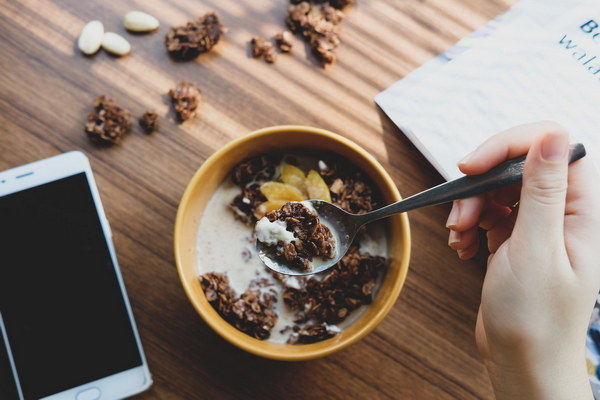
b. Foods with Natural Mucolytics: Incorporate foods that have natural mucolytic properties, such as pineapple, ginger, and garlic. Pineapple contains bromelain, an enzyme that helps break down mucus. Ginger and garlic have antibacterial properties that can aid in fighting off infections.
c. Warm Foods and Beverages: Warm foods and beverages can help soothe the throat and reduce inflammation. Consider offering warm soups, stews, and teas.
d. Avoid Trigger Foods: Identify and avoid any trigger foods that may exacerbate symptoms. Common triggers include dairy products, citrus fruits, and spicy foods.
3. Herbs and Supplements:
a. Elderberry: Elderberry is known for its immune-boosting properties and can help reduce inflammation. Consult with a healthcare professional before giving elderberry supplements to children.
b. Ginger: Ginger has anti-inflammatory and antiviral properties that can help reduce phlegm. You can add ginger to teas or soups.
c. Turmeric: Turmeric contains curcumin, a compound with anti-inflammatory properties. Consider adding turmeric to meals or taking it as a supplement.
Conclusion:
When dealing with a child who has phlegm, it's important to combine natural remedies and dietary adjustments to support the body's healing process. Encourage your child to drink plenty of fluids, incorporate foods with mucolytic properties, and consider herbs and supplements that can aid in reducing inflammation and fighting off infections. Remember to consult with a healthcare professional before trying any new treatments or supplements.
